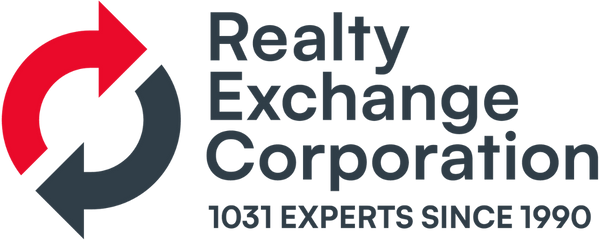1031 Exchangers Can Help Their Kids
An overlooked 1031 exchange house-buying strategy is the “Shared Equity Financing Agreement.” As house prices and mortgage rates rise, young couples struggle with down payments and loan qualifications. ![]() But Mom and Dad can help them purchase a principal residence while they still get all the advantages of being a landlord and completing a 1031 exchange. Mom and Dad (the exchangers) can exchange from their current rental, investment or business property and co-purchase an interest in the young couple’s desired principal residence as the 1031 exchange replacement property. If Mom and Dad maintain their investment ownership status, they can again do another 1031 exchange out of their interest in the real estate to another replacement property when the time arises.
But Mom and Dad can help them purchase a principal residence while they still get all the advantages of being a landlord and completing a 1031 exchange. Mom and Dad (the exchangers) can exchange from their current rental, investment or business property and co-purchase an interest in the young couple’s desired principal residence as the 1031 exchange replacement property. If Mom and Dad maintain their investment ownership status, they can again do another 1031 exchange out of their interest in the real estate to another replacement property when the time arises.
Shared Equity Finance Agreement
This type of exchange requires a “shared equity financing agreement” in addition to the property contract and 1031 exchange documentation. This required agreement defined by IRC section 280A(d)(3)(B) and (C) and many IRS publications, including the 2018 revised edition of Publication 527. Otherwise, the personal use of a home by the co-owner will disqualify the property as an investment or rental property. If the exchanger plans to purchase a replacement property with a co-owner in which the co-owner will live, it is essential that they have such a written agreement. Without this agreement, the IRS will treat the property as a personal use second home. As such, it may not qualify as a rental or a 1031 exchange replacement property.
Process
The process requires the occupant to pay fair market rent to the investor (Mom and Dad) for use by the occupant of the co-owners share/interest in the property. The agreement will spell out this interest, the responsibility for repairs, upkeep, costs, the selling process, and other duties. To further help out the young couple, Mom and Dad can begin to gift to the occupants annually in a separate transaction, which may help with the rent or other expenses.
Many real estate agents and lenders are not familiar with the shared equity process, and few attorneys have experience preparing such an agreement. If you are planning to co-own your investment property with someone who will be an occupant, we strongly recommend you obtain proper guidance. A shared equity agreement is not a self-help project, and a knowledgeable law firm should be employed.
Bill Horan, a Certified Exchange Specialist®, is President, Realty Exchange Corporation, Gainesville, VA.
Ed Horan is Senior Exchange Consultant for Realty Exchange Corporation, Gainesville, VA.
This publication is designed to provide accurate and authoritative information regarding the subject matter covered. Its presentation is with the understanding that the publisher is not engaged in rendering legal or accounting service. If legal or other assistance is required, seek the services of a competent professional.
